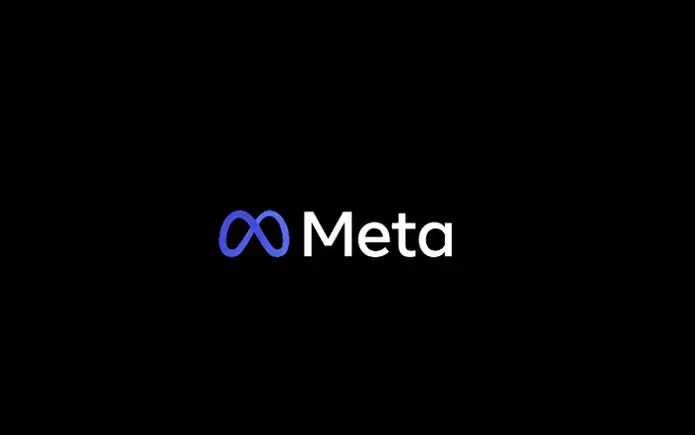In the wake of Donald Trump’s anticipated return to the White House, the political landscape is set to undergo palpable changes that will extend beyond traditional governance. One arena where these changes will manifest is in the tech industry, specifically at Meta Platforms Inc. Recently, the company announced significant additions to its board, featuring prominent figures connected to Trump, including UFC president Dana White. This article explores the implications of these board changes, evaluating Meta’s shifting stance on political discourse and its broader impact on social media dynamics.
Meta’s new board appointments are more than mere corporate governance; they reflect a strategic pivot towards aligning more closely with Trump’s political ideology. The inclusion of John Elkann, Charlie Songhurst, and Dana White signifies a shift in Meta’s approach, particularly in light of Trump’s historical criticisms of the platform. White’s advocacy for Trump is particularly noteworthy as it signals to both the political elite and Meta’s user base that the company is abandoning its previously cautious stance regarding political content. His track record of publicly supporting Trump, notably during the Republican National Convention, also suggests that Meta may be looking to rebuild bridges, especially after Trump’s threats to jail Mark Zuckerberg over allegations of political bias.
Replacing key figures like Nick Clegg and reorienting the public policy team with more Republican voices indicates a concerted effort to avoid the pitfalls of the past. Clegg’s decisions to suspend Trump’s accounts following the Capitol riots in 2021 generated significant backlash from Trump supporters and infamously resulted in calls for accountability against Meta’s leadership. The appointment of Joel Kaplan, a known proponent of a hands-off approach to political discourse, supports the narrative that Meta intends to decrease its regulatory measures on political speech.
The potential implications of these changes are profound. Meta’s previous approach, focused on limiting political discussions, may soon be replaced by a more inclusive stance that prioritizes user engagement. Initiatives to restrict political content have frequently been criticized for inhibiting free expression, and the company’s pending reevaluation of these measures could shift the dynamics of political participation on its platforms. The user engagement challenges faced by Threads demonstrate the complications of limiting discussion in a space designed for real-time interaction.
Looking at Meta’s family of apps, boasting over 3 billion users, the company holds substantial sway over public discourse. If Meta leans towards embracing rather than regulating political discussion, it could enable a more vibrant exchange of ideas, albeit at the risk of perpetuating polarization. This focus on increasing user accessibility to political content may ultimately serve as a double-edged sword, generating both increased engagement and potential backlash depending on the contentiousness of the discourse that unfolds.
While the new board members may serve to strengthen Meta’s ties with the Trump administration, it remains critical for the platform to navigate future interactions with caution. Trump’s first term saw numerous instances of controversial posts that led to censorship, and it is reasonable to anticipate similar scenarios in the years to come. White’s influence may play a pivotal role as Meta grapples with the repercussions of Trump’s most inflammatory claims and online behavior. This delicate balancing act—where ensuring platform vitality meets the needs for responsible content moderation—will become increasingly complex in an environment fuelled by political fervor.
It is crucial to consider whether this strategic pivot is sustainable in the long run. Trump’s shift to Truth Social, a platform designed to provide a more open environment for his supporters, raises questions about how Meta can adapt to a digital landscape where users have alternative outlets for expression. While forging alliances with pro-Trump figures may seem advantageous now, the pressure to maintain credibility and mitigate misinformation will persist.
As Meta prepares for this new chapter, the underlying motivations for these changes are worth scrutinizing. Are they grounded in a genuine effort to foster political dialogue and user engagement, or are they primarily business-driven moves aimed at placating a volatile political figure? While some may view these actions as pragmatic business maneuvers to safeguard Meta’s interests during a politically charged era, the line between business and politics is becoming increasingly blurred.
Ultimately, as Meta continues to navigate its relationship with the Trump administration alongside its commitment to users, one thing remains clear: the challenges of managing a global platform within a politically polarized society will require continuous reassessment and adaptation. As Meta ventures forward, the engagement strategies it adopts concerning political content will indubitably play a critical role in shaping the future of social media discourse and influence. In an era where perceptions of bias and accountability loom large, how Meta positions itself could very well redefine the nature of political engagement online.

